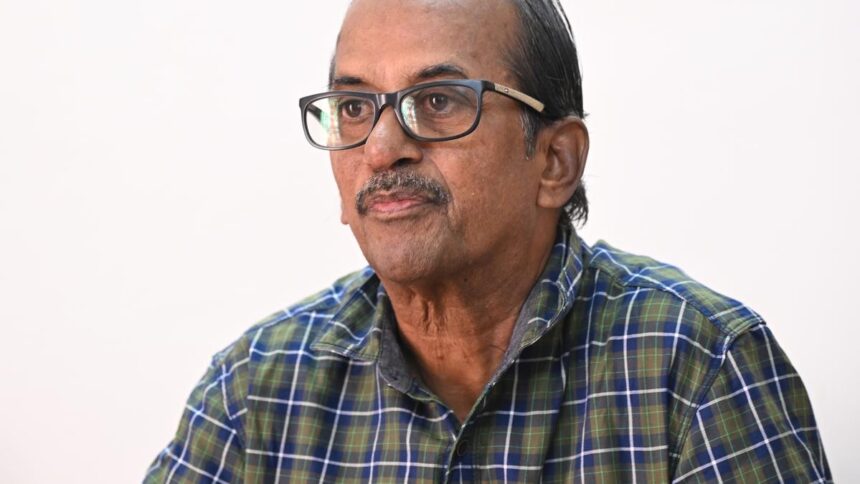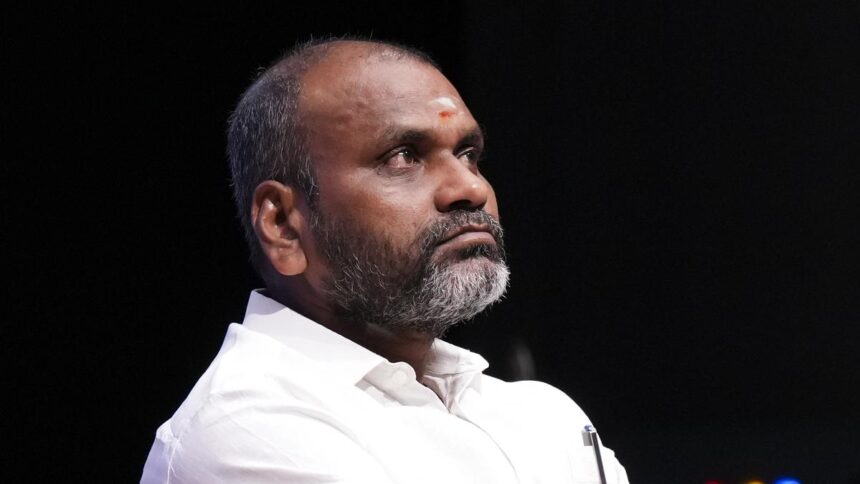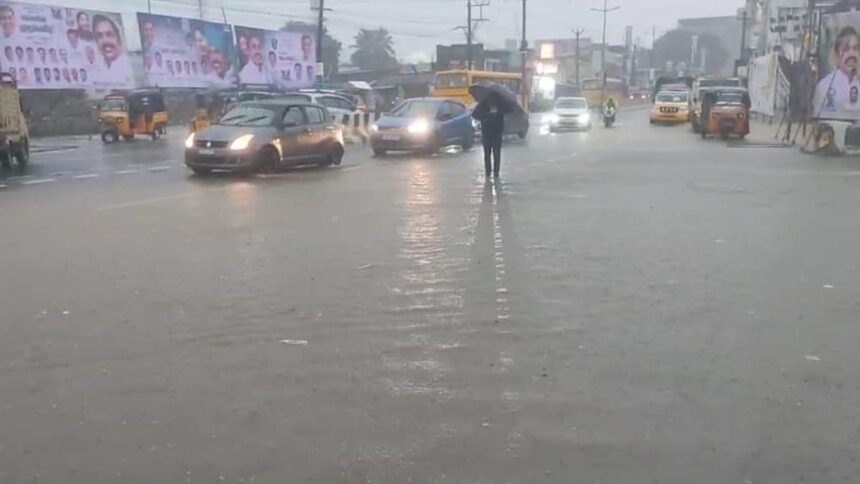Undocumented Sri Lankan Tamil refugees who were exempted from penal provisions by a Union Ministry of Home Affairs (MHA) order last week are not eligible to apply for long-term visas (LTV), a senior government official told The Hindu.
Disclosing this, the official, however, did not elaborate the reason for the refugees’ ineligibility.
Though the order removes the tag of an “illegal migrant” from registered Sri Lankan Tamil nationals who entered India before January 9, 2015, it will not immediately help in grant of Indian citizenship.
LTVs, a precursor to citizenship, are issued for a period of one to five years.
The official said that Sri Lankan Tamils are not eligible to apply for LTVs but foreigners can apply for Indian citizenship under the Citizenship Act, 1955.
On March 17, 2021, the MHA informed the Rajya Sabha that, “Any foreigner, including a Sri Lankan citizen, may acquire Indian citizenship by registration or naturalisation after fulfilling the eligibility criteria laid down in the Citizenship Act, 1955, and the rules made thereunder.”
However, a 1986 letter by the MHA to Chief Secretaries asks the States to not “entertain the applications of Sri Lanka refugees for the grant of Indian citizenship”.
The letter states that the Government of India (GoI) received enquiries regarding the “national status of these Sri Lanka nationals who came to India as refugees”.
“After careful consideration, the GoI have come to the conclusion that no Sri Lanka refugees who came to India in July 1983 or after should be naturalised/registered under the provisions of the Citizenship Act, 1955, and Citizenship Rules, 1956,” the letter dated September 23, 1986 states.
The directions are still operational.
On September 2, the MHA notified the Immigration and Foreigners (Exemption) Order under the Immigration and Foreigners Act, 2025 that was passed by the Parliament in April to repeal and replace four laws which governed the entry, stay, and exit of foreigners, and immigration and passport rules, including the Passport Act and Foreigners Act. The notified order exempted “registered Sri Lankan Tamil nationals who have taken shelter in India upto the 9th January, 2015” from the provisions of sub-sections (1), (2) and (3) of Section 3 (requirement of passport or other travel document or visa) of the 2025 Act.
The September 2 notification also exempted undocumented members of six minority communities from Afghanistan, Bangladesh, and Pakistan from penal provisions and possible deportation if they entered India without passports or visas, or with expired travel documents, before December 31, 2024.
While the six communities will be able to apply for LTVs, making them eligible to apply for citizenship after at least 11 years of continuous stay in India, Sri Lankan Tamils will not be eligible for the same.
Members of six minority communities — Hindus, Sikhs, Buddhists, Jains, Parsis, and Christians — from Pakistan, Bangladesh, and Afghanistan, who enter India on valid travel documents “seeking permanent settlement in India with a view to acquire Indian citizenship” are eligible for LTVs.
The three other eligible categories are Pakistani and Bangladeshi women married to Indians; Afghanistan nationals married to Indians in India and staying in India; Indian origin women holding Pakistan/Bangladesh/ Afghanistan nationality married there, who wish to return to India due to widowhood/divorce, and having no male members to support them; and cases involving extreme compassion.
An advisory committee constituted by the Tamil Nadu government in 2021, which submitted its report in 2023, recommended “issuance of stay/LTV to Sri Lankan Tamils so that he/she becomes eligible to apply for citizenship”.
The report said that one of the main issues affecting mobility of Sri Lankan Tamils was that they had been held to be in violation of the Passports Act, 1967, and the Foreigners Act, 1946 (both Acts replaced by the 2025 Act).
Antony Arulraj, an activist closely associated with issues faced by Sri Lankan Tamils since 1990, said that the MHA had been lenient in setting January 9, 2015 as the cut-off date, close to six years after the end of civil war in Sri Lanka.
“The notification makes India a safe haven for Sri Lankan Tamils who took refuge before 2015. Those who wish to stay back can do so without fear of being branded as illegal immigrants. It also protects them from forced expulsion or deportation,” Mr. Arulraj said.
There have been several cases where refugees born in India have had to move court to secure passports or register as citizens.
According to the MHA’s annual report of 2023-24, a total number of 3,04,269 Sri Lankan refugees entered India in various phases between July 1983 and August 2012. “The GoI’s approach is to grant relief on humanitarian grounds with the ultimate objective to repatriate them back to Sri Lanka. Relief is given pending such repatriation,” the report said.
It added that 99,469 refugees were repatriated to Sri Lanka up to March 1995, and there has been no organised repatriation since then. However, some refugees had gone back to Sri Lanka or left for other countries on their own. As on June 1, 2024, 90,603 Sri Lankan refugees were living in 105 camps and elsewhere in Tamil Nadu, and 19 refugees were living in Odisha.
Published – September 07, 2025 11:30 pm IST


















